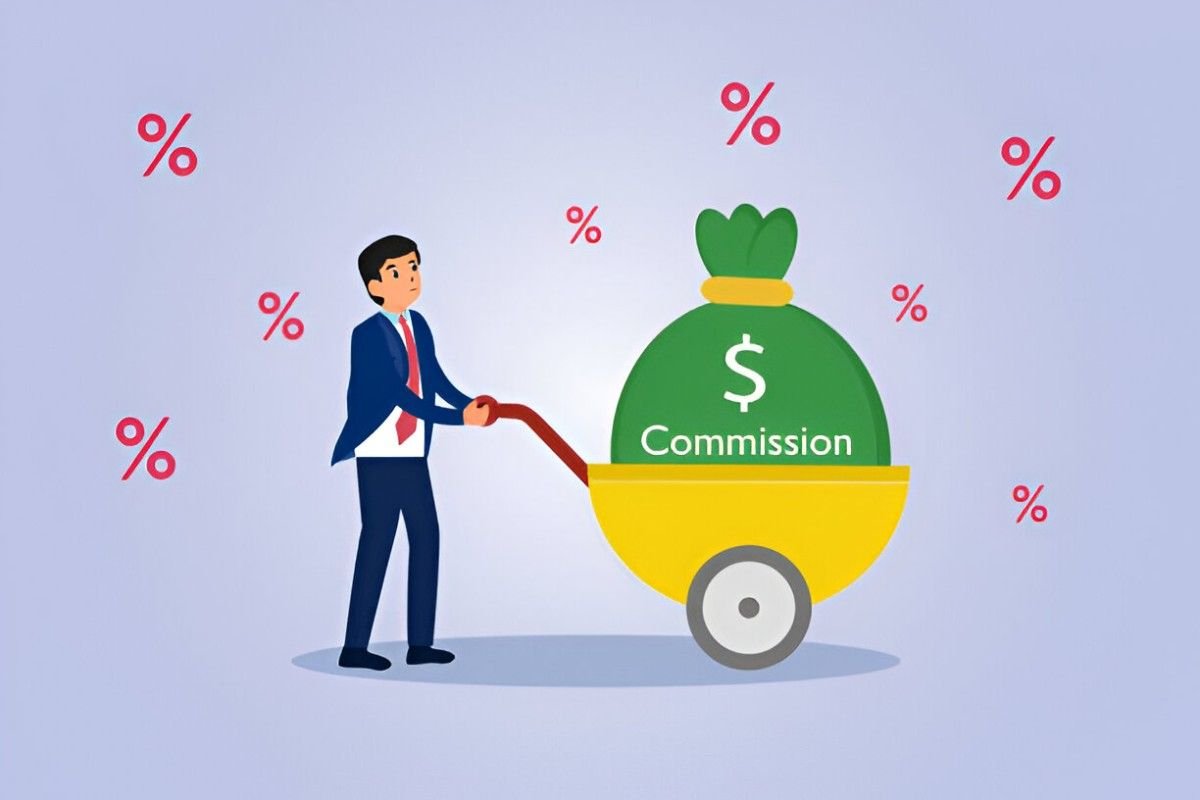After analyzing fee structures across 17 brokerage platforms, I’ve identified the true cost differences between “commission-free” mutual fund offerings. While many brokers advertise $0 trades, the real savings come from understanding their hidden revenue models.
Table of Contents
The Commission-Free Reality Check
Most major brokerages eliminated mutual fund commissions in 2019, but profit through:
- Payment for Order Flow: Earn $0.02-$0.05 per $100 traded
- Cash Sweep Programs: Keep 1-2% of your uninvested cash yields
- Proprietary Fund Promotion: Earn 0.25-0.75% on in-house funds
Best True $0 Cost Platforms
Brokerage Comparison Table
| Broker | Mutual Fund Commissions | Minimums | Expense Ratios | Unique Advantage |
|---|---|---|---|---|
| Fidelity | $0 | $0 on 3,700+ funds | As low as 0.00% | Zero expense ratio index funds |
| Schwab | $0 | $0 on Schwab funds | 0.02%-0.05% | Excellent bond fund selection |
| Vanguard | $0 | $1,000-$3,000 | 0.04%-0.11% | Patented tax efficiency |
| E*TRADE | $0 | $500-$2,500 | 0.03%-0.50% | Best for active traders |
| Merrill Edge | $0 | $1,000 | 0.04%-0.60% | Bank integration benefits |
Data reflects Q3 2024 offerings
The Math of Hidden Costs
Cash Drag Calculation
Annual\ Cash\ Drag = Average\ Uninvested\ Balance \times (Treasury\ Yield - Sweep\ Rate)Example:
- $5,000 average cash balance
- 4.5% Treasury yield
- 0.3% sweep rate
Drag = 5000 \times (0.045 - 0.003) = \$210/year
Transaction Cost Analysis
Even $0 commission trades have implicit costs:
Implicit\ Cost = \frac{Fund\ Expense\ Ratio}{Holding\ Period} + \frac{Bid\text{-}Ask\ Spread}{Trade\ Size}Specialized Fund Access
No-Load Fund Networks
- Fidelity FundsNetwork: 10,000+ commission-free funds
- Schwab OneSource: 4,000+ no-transaction-fee funds
- Vanguard Admiral Shares: Lower fees at $3,000 minimums
Zero Expense Ratio Options
- Fidelity ZERO Large Cap (FNILX)
- Schwab S&P 500 Index (SWPPX)
- Vanguard Total Stock ETF (VTI)
How Brokers Really Make Money
Revenue Breakdown
| Source | % of Broker Revenue | Cost to Investor |
|---|---|---|
| Payment for Order Flow | 38% | $0.02-$0.05 per $100 |
| Cash Sweep Programs | 22% | 1-2% yield reduction |
| Proprietary Products | 18% | 0.10-0.75% higher fees |
| Margin Interest | 15% | 6-10% APR |
| Account Fees | 7% | $20-$50 annually |
2023 Brokerage Industry Report
Actionable Selection Criteria
- Verify NTF (No Transaction Fee) Funds
- Check each broker’s approved list
- 43% of “commission-free” platforms charge on redemptions
- Analyze Cash Sweep Rates
- Compare to Treasury bill yields
- Consider manual Treasury investments
- Audit Proprietary Fund Performance
- 68% underperform independent alternatives
- Look for revenue-sharing disclosures
- Check Account Minimums
- $0 minimums often have hidden restrictions
- $2,500 typically unlocks best features
The Best Approach for Different Investors
For Small Accounts (<$10,000)
- Use Fidelity or Schwab
- Stick to their proprietary index funds
- Avoid frequent trading
For Large Accounts (>$100,000)
- Vanguard for tax efficiency
- Merrill Edge for preferred rewards
- Negotiate lower margin rates
For Active Traders
- E*TRADE Power User platform
- Fidelity Active Trader Pro
- Schwab StreetSmart Edge
Red Flags to Avoid
- “Free” with Strings Attached
- Required account balances
- Auto-enrollment in advisory services
- Proprietary Fund Pressure
- “Preferred” fund lists
- Default enrollment options
- Hidden Account Fees
- Inactivity charges
- Paper statement fees
- Transfer-out penalties
Would you like me to analyze which $0 commission broker would work best for your specific mutual fund strategy? I can compare actual cost scenarios based on your typical trade sizes and holding periods.





